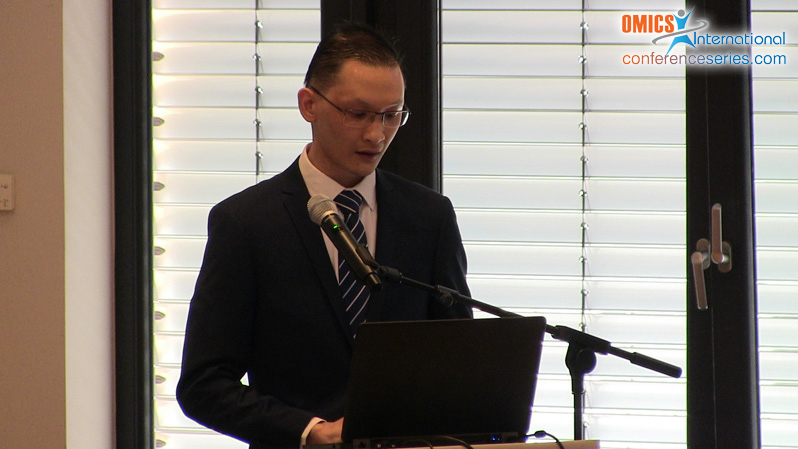
Wern Chern Chai
University of South Australia, Australia
Title: Bioactivity of olive leaf (Olea europaea L.) extracts and its phenolic compounds on a biofilm-forming pathogen
Biography
Biography: Wern Chern Chai
Abstract
Antibiotic resistance has been increasing drastically over the years despite efforts against unnecessary use of antibiotics. The ability of cells to form drug resistant biofilms, a complex architecture of cells encased in an extracellular polymeric matrix, is one of the many reasons for the failure of antibacterial treatment. A classic example is the opportunistic pathogen Pseudomonas aeruginosa which forms biofilms on medical devices and living tissues, which is intrinsically resistant against a wide range of antibiotics. P. aeruginosa release virulence factors such as pyocyanin, pyochelin and pyoverdine which contributes to tissue damage. We previously showed that olive leaf extract has anti-microbial activity against Gram-positive microorganisms, including that of MRSA. The important secoiridoids found in olive leaf such as oleuropein, hydroxytyrosol and verbascoside could play a role in the anti-microbial activity of olive leaf extracts. Therefore, this study aimed to examine the effect of olive leaf extracts and its phenolic compounds on planktonic cell growth, biofilm formation and excretion of cellular virulence factors of P. aeruginosa. The effect of the extracts and its phenolic compounds on bacterial motility, which is an indication of virulence, was also investigated. Given the growing concerns of antibiotic resistance, it is imperative that new therapies are developed. While the discovery of antibiotics have been considered a wonder of the century; the real wonder are the extraordinary genetic capacities these microorganisms has. Hence this study may suggest that harnessing of plant-derived agent for use as alternative therapy to promote interventions by addressing the crisis of biofilm-induced antibiotic resistance.

